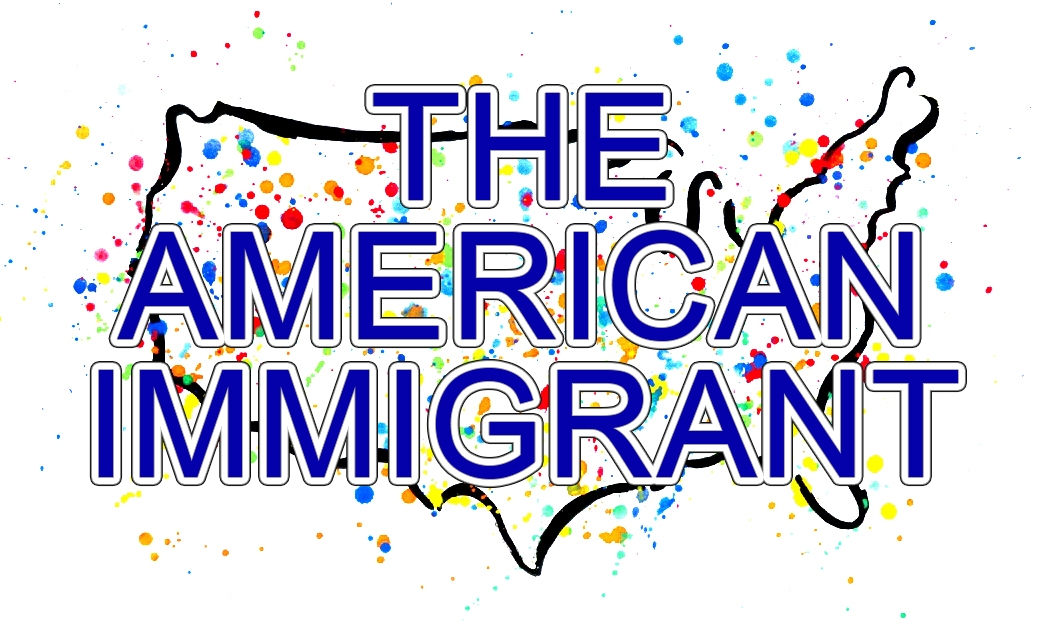Recent News in Immigration
Please see below for recent news and opinions about immigration in the United States
Deluged Immigration Courts, Where Cases Stall for Years, Begin to Buckle
The New York Times highlights the long delays in immigration courts throughout the United States, showing how both immigrants and federal judges are struggling to handle an overburdened court system.
New York City Increases Outreach to Immigrant Communities
As The Wall Street Journal Reports, Bill de Blasio and other city officials are reaching out to immigrants in New York, offering citizenship and language services, legal advice, and identification cards.
Educating Immigrant Students
As discussed in this article in The San Diego Union Tribune by Kate Morrissey - a guest of this podcast in Episode 6 - educators and advocates debate whether a new California program integrating immigrant students into regular classes will improve their education or set them up to fail.
Chobani Founder Employees Hundreds of Immigrants (Along With Many More American Citizens)
As The New York Times reports, Hamdi Ulukaya, founder of Chobani Yogurt and a Turkish immigrant, legally employs approximately 300 refugees from around the world; nonetheless, in this political climate, he faces criticism from conservaticves.
Afghan Translators Still Waiting for Visas
As The New York Times reports, for several years, the United States has provided visas for Afghan Nationals who translated for American military forces in Afghanistan. Because of recent inaction in Congress, these visas have been put on hold, putting people's lives at risk.
U.S. Immigration and Customs Enforcement Plans to Reopen Private Prison to Detain Immigration
As The Washington Post Reports, the immigration authorities are reopening a private prison, recent closed by the Justice Department, to house immigrant detainees.
Fees Reduced for Naturalization
As reported by NBC News, the U.S. Citizenship and Immigration Services will reduce the fee for applying for citizenship for those earning less than 200% of the federal poverty line, making citizenship available to those who are eligible but could not afford it.







